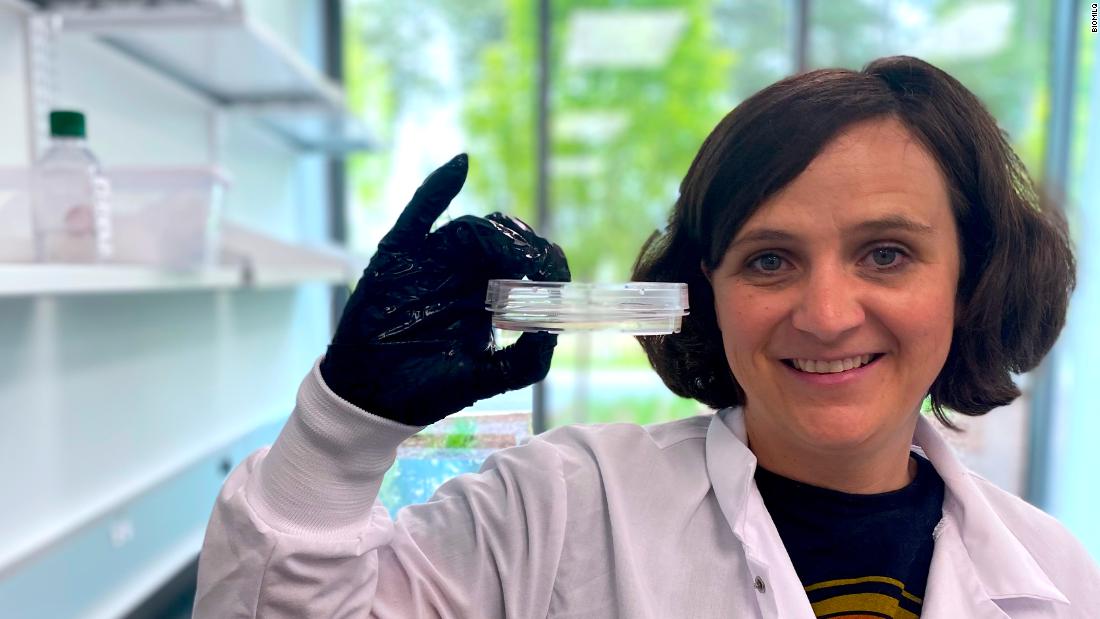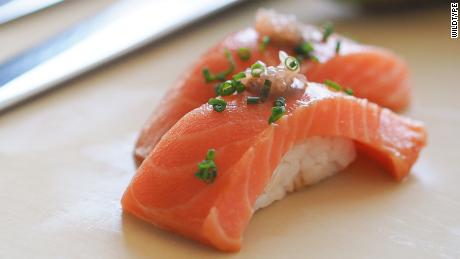
Strickland had struggled to produce enough breast milk for her first child. “A lot of women are grappling with this,” she says.
Often based on powdered cow’s milk, formula is “able to satisfy a lot of the nutritional requirements,” Strickland says, but it cannot replicate “the complexity of human milk.” Strickland says BIOMILQ’s product, by comparison, better matches the nutritional profile of breast milk than formula, with more similar proportions of proteins, carbohydrates and fats.
The BIOMILQ team creates its product from cells taken from human breast tissue and milk, donated by women in the local community, who get a Target giftcard in return. BIOMILQ grows the cells in flasks, feeding them nutrients, and then incubates them in a bioreactor that mimics the environment in a breast. Here, the cells absorb more nutrients and secrete milk components.
BIOMILQ is still three to five years off from getting a product to market, Strickland says. First, the startup needs to grow mammary cells at a much larger scale — and at a lower cost. BIOMILQ also needs to convince regulators that the product is safe for babies, a task that is especially challenging for a new food category like lab-grown human milk products.
“There isn’t really a regulatory framework that exists,” Strickland says.
No magic formula
Even if BIOMILQ gets that far, human milk that comes from a bioreactor won’t have exactly the same health benefits as milk that comes from a breast, according to Natalie Shenker, a fellow at Imperial College London and co-founder of the Human Milk Foundation, which helps provide donor milk to families that need it.
Fatty acids, which help brain development and growth, and hormones such as cortisol, which helps develop the baby’s sleep cycle, come from the mother’s blood, says Shenker.
Lactation consultant Courtney Miller, who supports breastfeeding mothers, agrees that cell-cultured milk is not a “replacement for breast milk.” But she thinks it could offer parents “another choice,” particularly when adoption or surrogacy is involved.
Miller also believes BIOMILQ can further the scientific study of breast milk. She has donated a few ounces of her own milk to the startup, in the hopes that its research can lead to new breakthroughs in infant nutrition.
A growth industry
— Rachel Crane contributed to this article.

